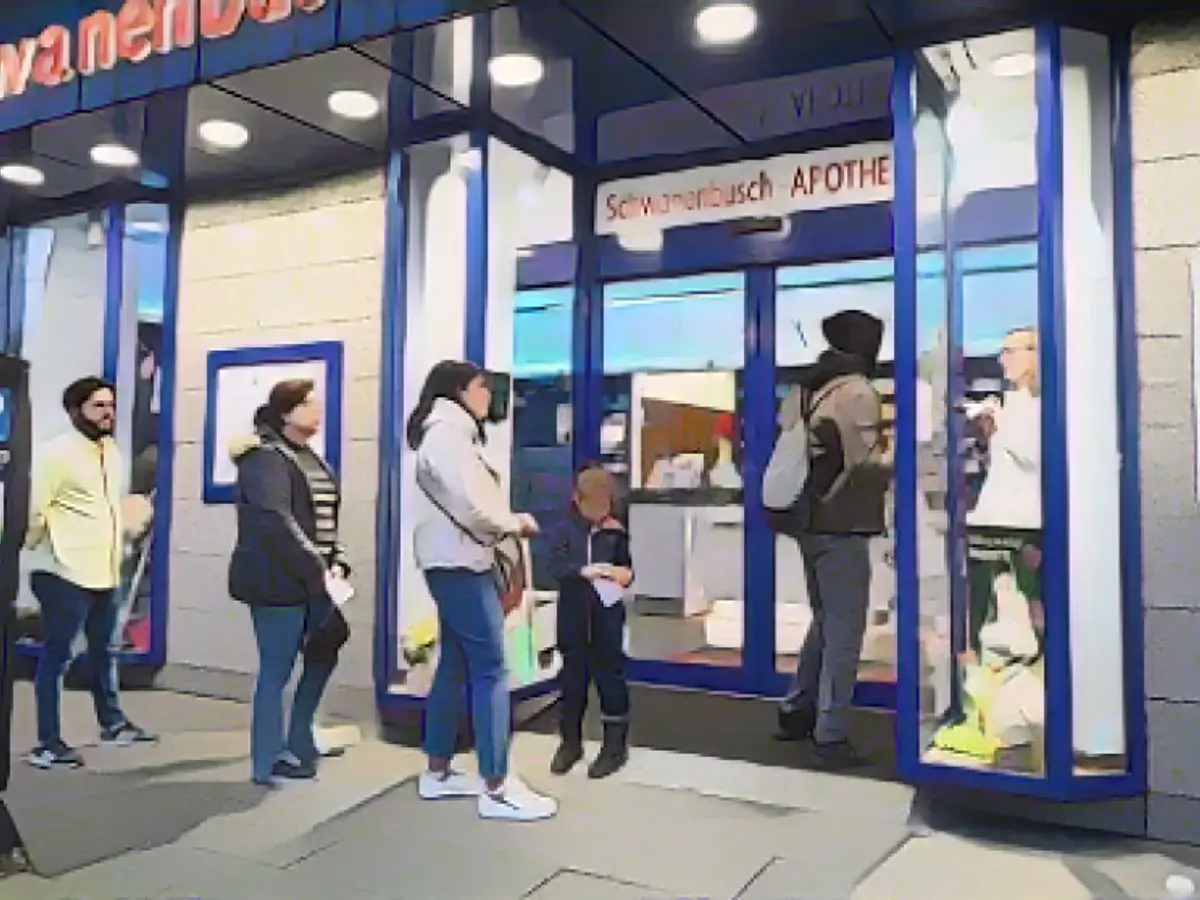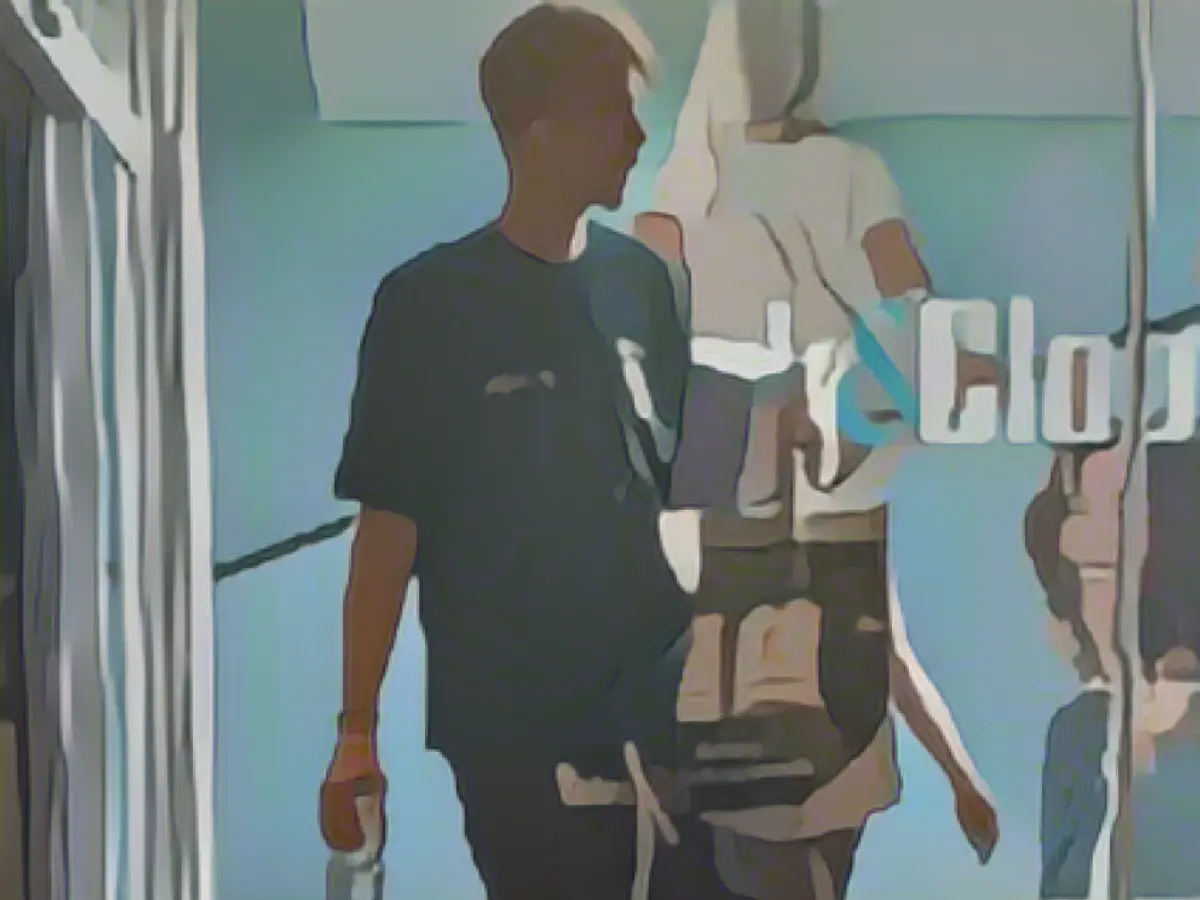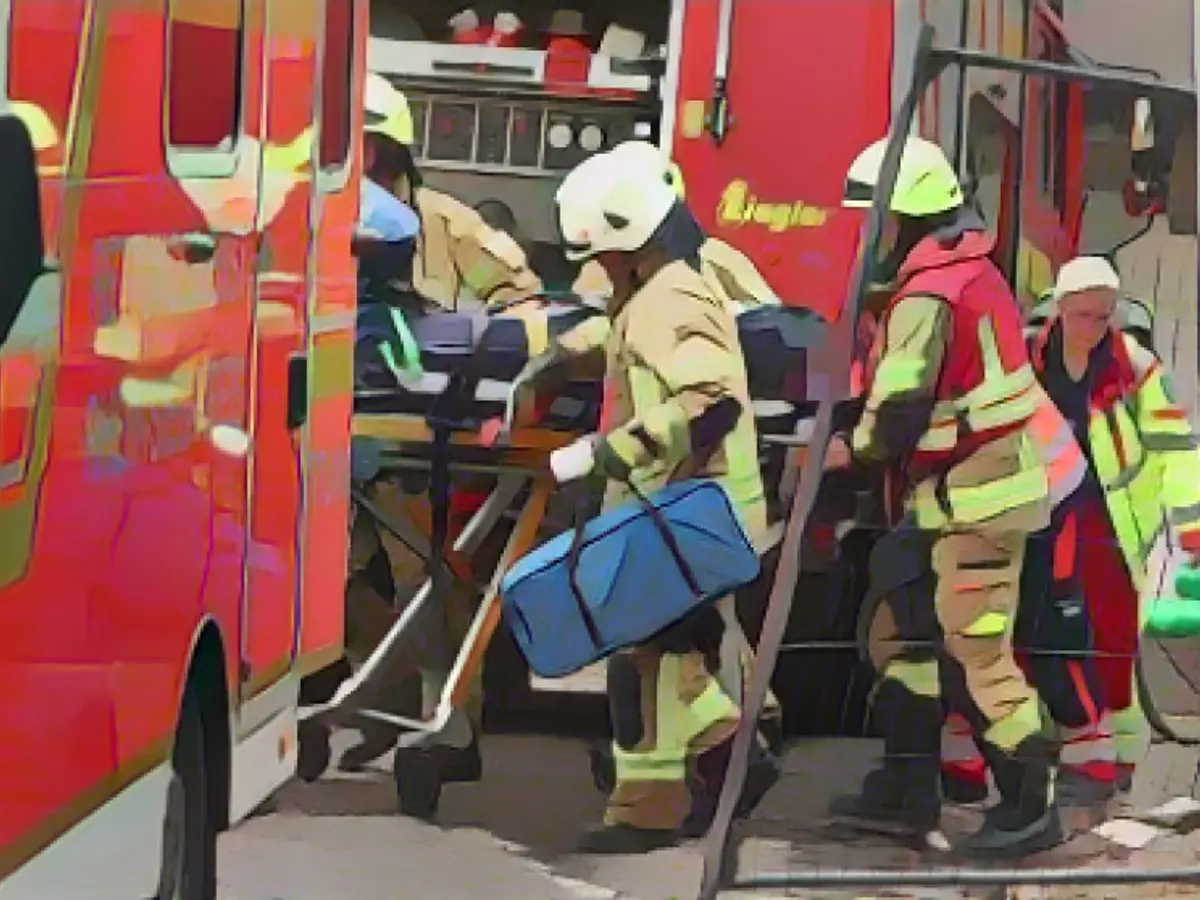Pharmacists Across Germany Demand Change
Essen, NRW – Once again, pharmacies across Germany are facing long lines and potential shortages. This time, though, it's not just a global supply chain issue or a surging demand for medicine. It's the result of growing dissatisfaction among pharmacists, led by the federal association of German pharmacists, against policies they perceive as harmful, especially those of Health Minister Prof. Dr. Karl Lauterbach.
Protests and Closures
On Wednesday, thousands of employees from pharmacies in NRW, Hesse, Rhineland-Palatinate, and Saarland staged a protest in Dortmund. The protest was a stark reminder of the pharmacists' discontent, as they called for inflation-adjusted, fair remuneration, combat against supply bottlenecks, and the preservation of fully efficient local pharmacies.
Despite the widespread protests and pharmacy closures, emergency service pharmacies have ensured that the population's essential medications remained accessible. Patients were encouraged to fill their prescriptions in the days before or after the protest day.
Criticisms and Concerns
Pharmacy owner Janet Olgemöller from Essen has been one of the most vocal critics of Lauterbach's policies. She's been airing her grievances on TikTok, explaining that pharmacists and their employees are protesting every Wednesday in November to defend their patients and communities.
Her husband, Dr. Jan Olgemöller, a fellow pharmacist, shares her concerns. He believes that Lauterbach's policies are pushing the profession of pharmacist to the brink of collapse. The current pharmacy fee structure, based on a 2002 calculation, has only seen marginal improvements since then.
The Future of Medicine Access
According to the Olgemöllers, we're soon going to have to get used to long lines and empty shelves in some pharmacies. They estimate that there are currently more than 1000 different finished medicines missing in Germany, including simple nasal sprays to blood pressure and cholesterol-lowering drugs, insulin, and other antidiabetics. The shortage of antibiotics, especially during winter, is of particular concern.
The North Rhine Chamber of Pharmacists' Warning
The North Rhine Chamber of Pharmacists has sounded the alarm, predicting that the number of pharmacies will drop below 2,000 by the end of the year. This drastic decline, from the 2,400 pharmacies a decade ago, puts the local supply of medication at massive risk.
The impact of these factors on medication availability is multifaceted. Supply chain disruptions, administrative burdens, and public perception concerns could all contribute to the issue.
Enrichment Insights
The roots of the pharmacists' dissatisfaction are deeply entrenched in recent cannabis legalization policies and broader healthcare system reforms. Disagreements over regulatory complexity, black market concerns, and administrative burdens, among other factors, have fueled the unrest.
Germany's pharmacists are holding out hope that the government will listen to their concerns and take necessary steps to preserve the healthcare system and the vital role pharmacies play in ensuring the population's access to medication.







